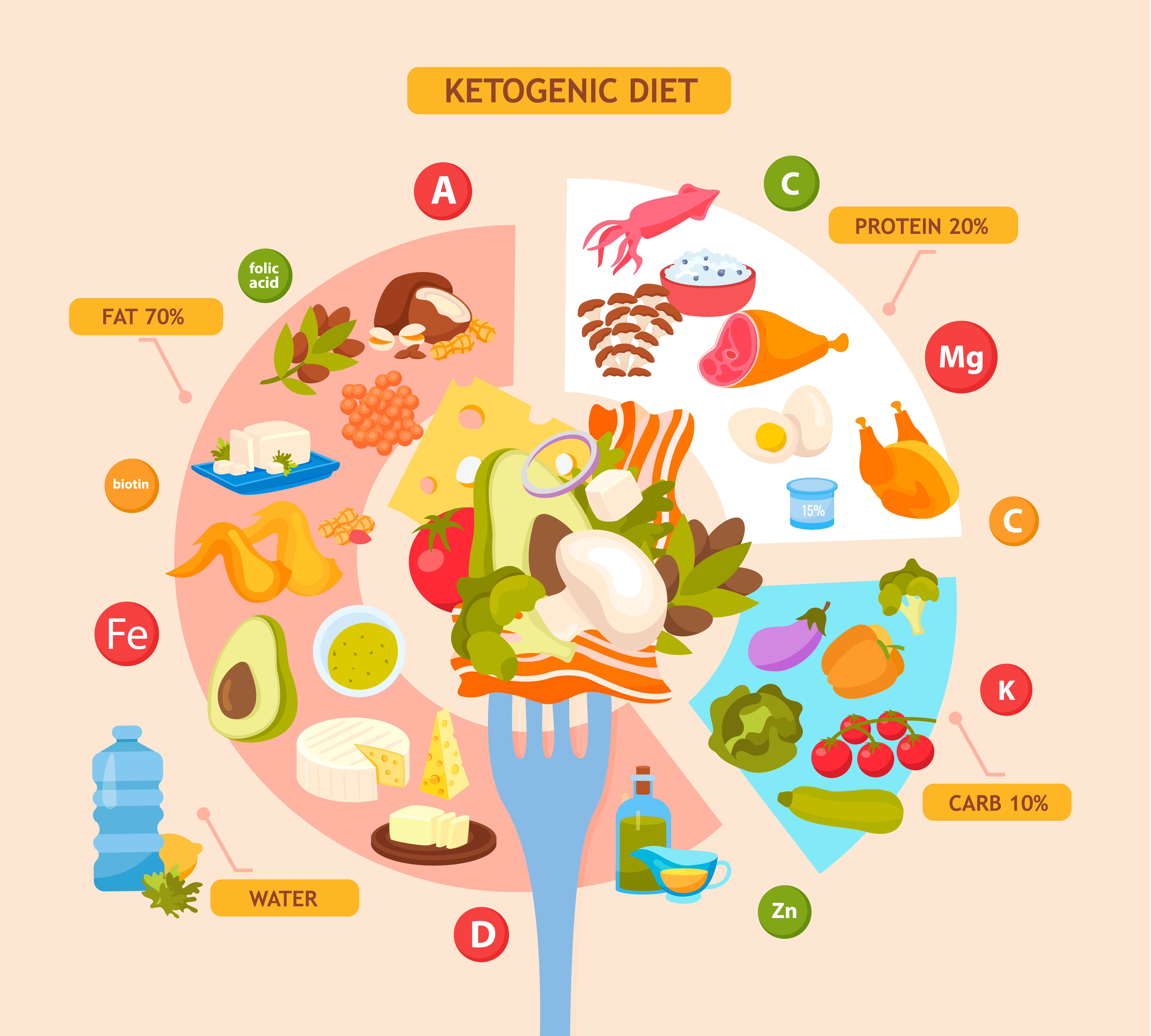
The Role of Nutrition and Dietary Changes in Cervical Spondylosis Management
Cervical spondylosis, a common neck condition, can be managed not only through medications and therapies but also through dietary changes. In this blog, we’ll explore how nutrition plays a crucial role in managing cervical spondylosis and what dietary changes you can make to alleviate symptoms and promote neck health.
Understanding Cervical Spondylosis
Cervical spondylosis occurs when the discs and joints in the neck degenerate over time due to wear and tear. This can lead to symptoms like neck pain, stiffness, headaches, and numbness or weakness in the arms.
The Importance of Nutrition
While nutrition may not directly cause cervical spondylosis, it can play a significant role in managing symptoms and preventing further deterioration of the neck’s structures. Eating a balanced diet rich in essential nutrients can help reduce inflammation, support bone health, and promote overall well-being, which are crucial for managing cervical spondylosis effectively.
Dietary Changes for Cervical Spondylosis Management
- Anti-inflammatory Foods: Incorporate foods with anti-inflammatory properties into your diet, such as fatty fish (salmon, mackerel), leafy greens (spinach, kale), berries (blueberries, strawberries), nuts (walnuts, almonds), and olive oil. These foods can help reduce inflammation in the body and alleviate neck pain and stiffness.
- Calcium-Rich Foods: Calcium is essential for bone health and can help strengthen the bones in your neck. Include calcium-rich foods in your diet, such as dairy products (milk, yogurt, cheese), leafy greens, tofu, almonds, and fortified foods like orange juice and cereals.
- Vitamin D: Vitamin D works in conjunction with calcium to support bone health and may help reduce the risk of cervical spondylosis progression. Get plenty of vitamin D from sunlight exposure, fatty fish, egg yolks, fortified foods, and supplements if necessary.
- Hydration: Drink plenty of water throughout the day to keep your body hydrated and maintain the elasticity of your spinal discs. Dehydration can lead to decreased disc height and increased risk of cervical spondylosis-related symptoms.
- Limit Processed Foods: Processed foods high in sugar, refined carbohydrates, and unhealthy fats can promote inflammation and contribute to cervical spondylosis symptoms. Limit your intake of processed foods and opt for whole, nutrient-dense foods instead.
Conclusion
Nutrition and dietary changes can play a significant role in managing cervical spondylosis and promoting neck health. By incorporating anti-inflammatory foods, calcium-rich foods, vitamin D sources, staying hydrated, and limiting processed foods, you can help alleviate symptoms and support the overall well-being of your neck.
To seek medical advice, always consult a Doctor. Here are our recommended experts. Click Here
To read more on Cervical Spondylosis. Click Here


